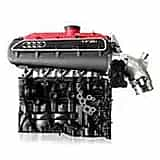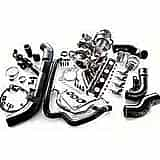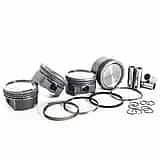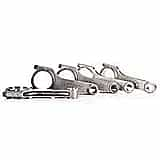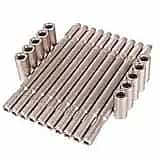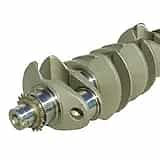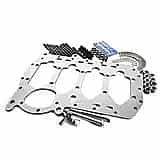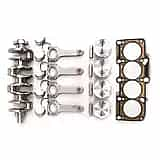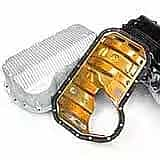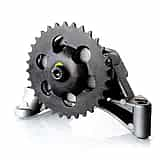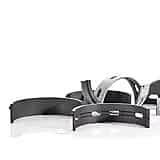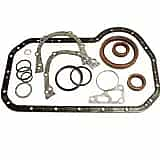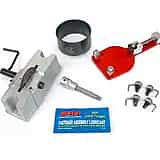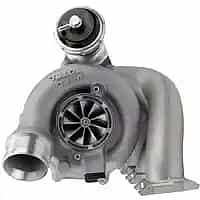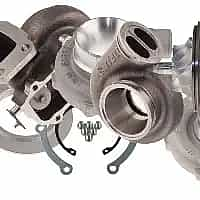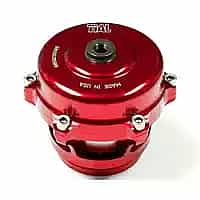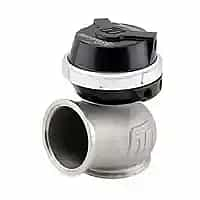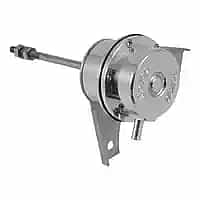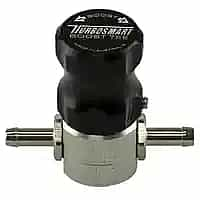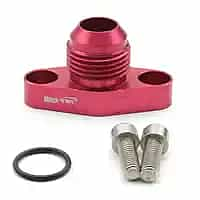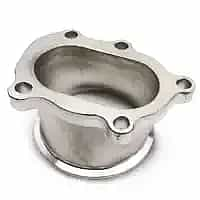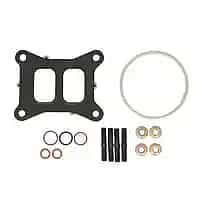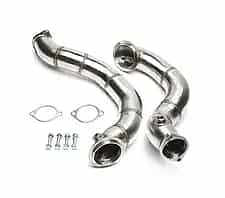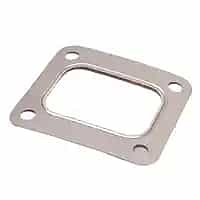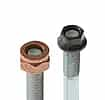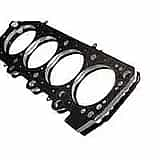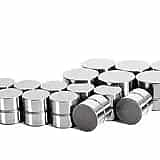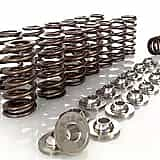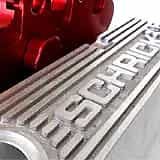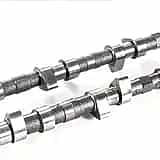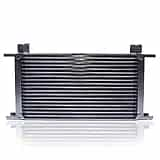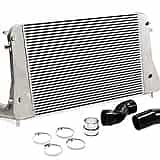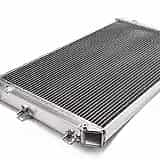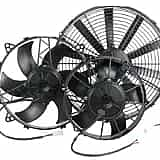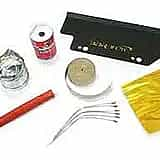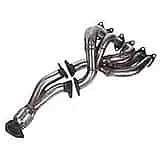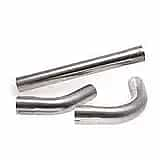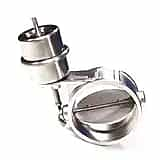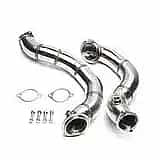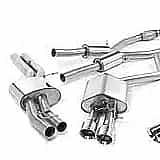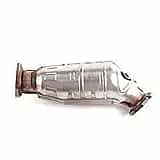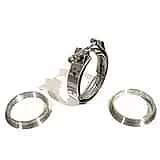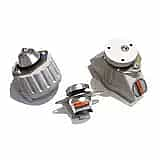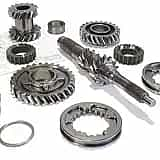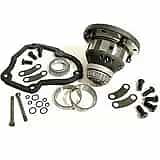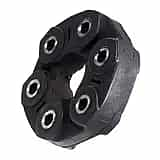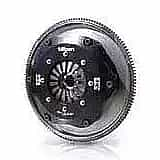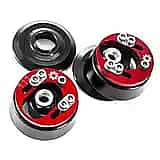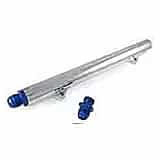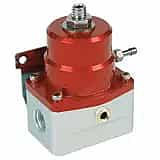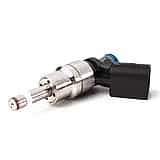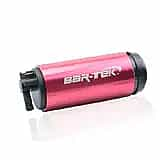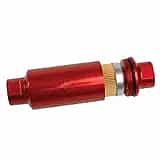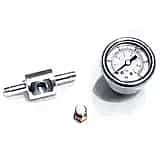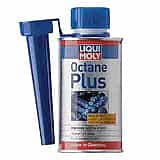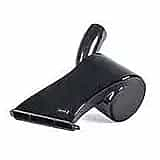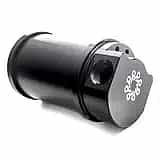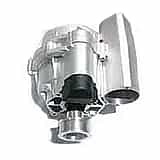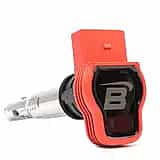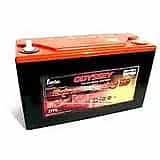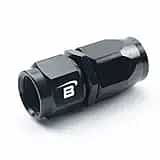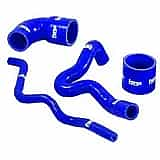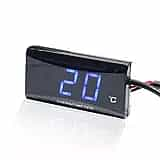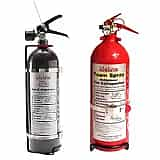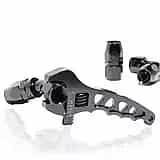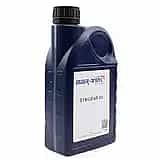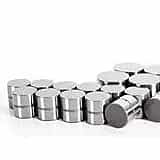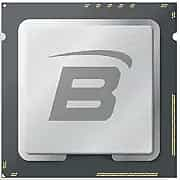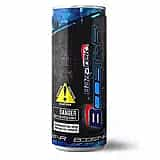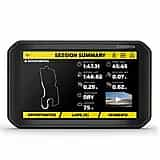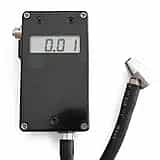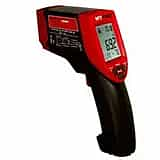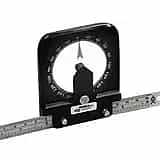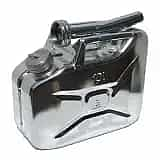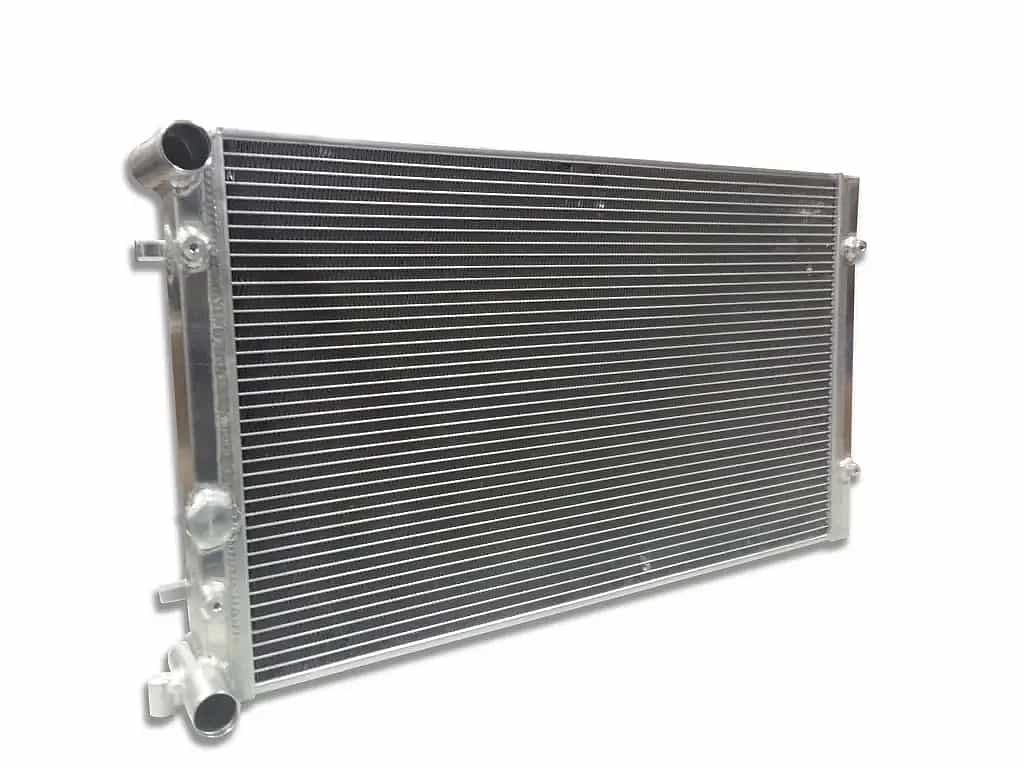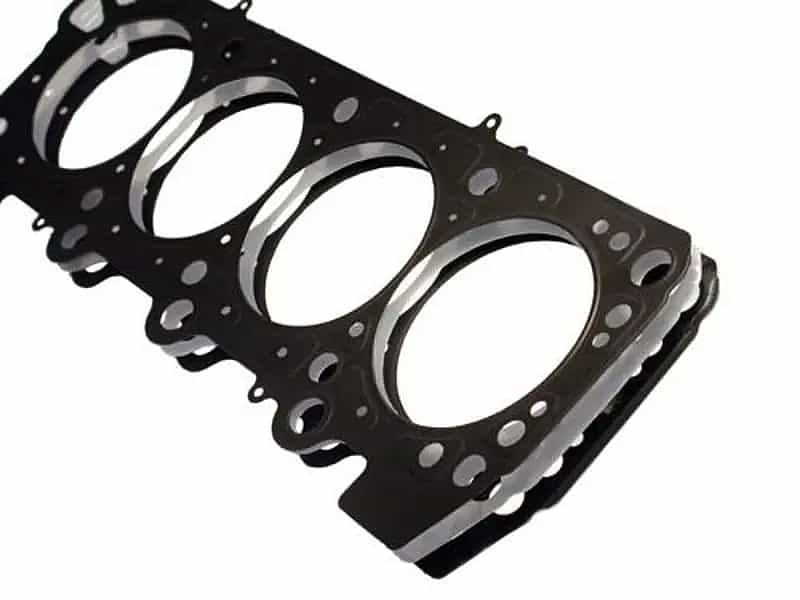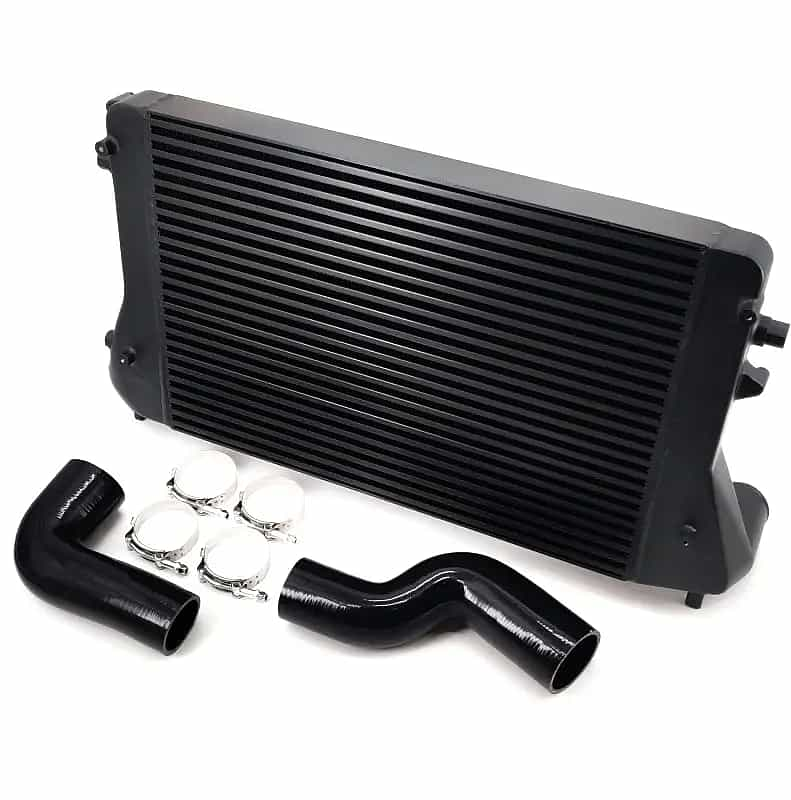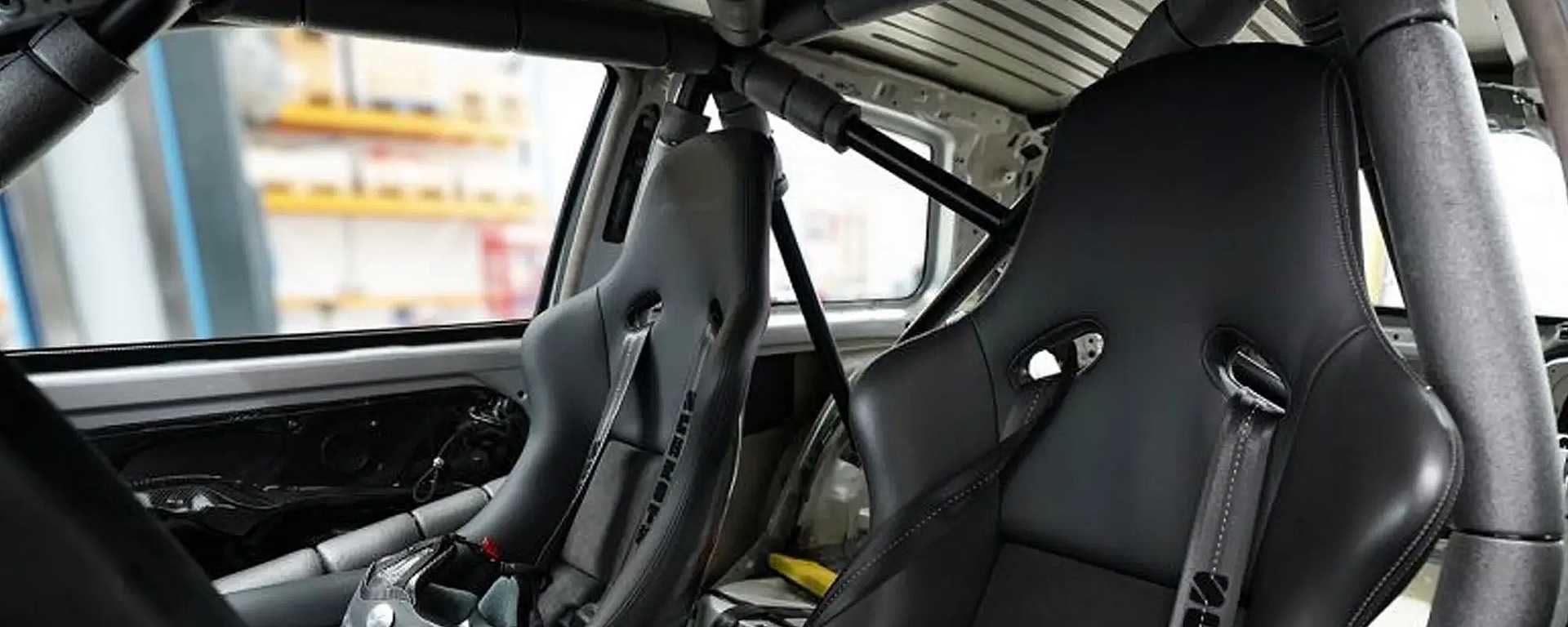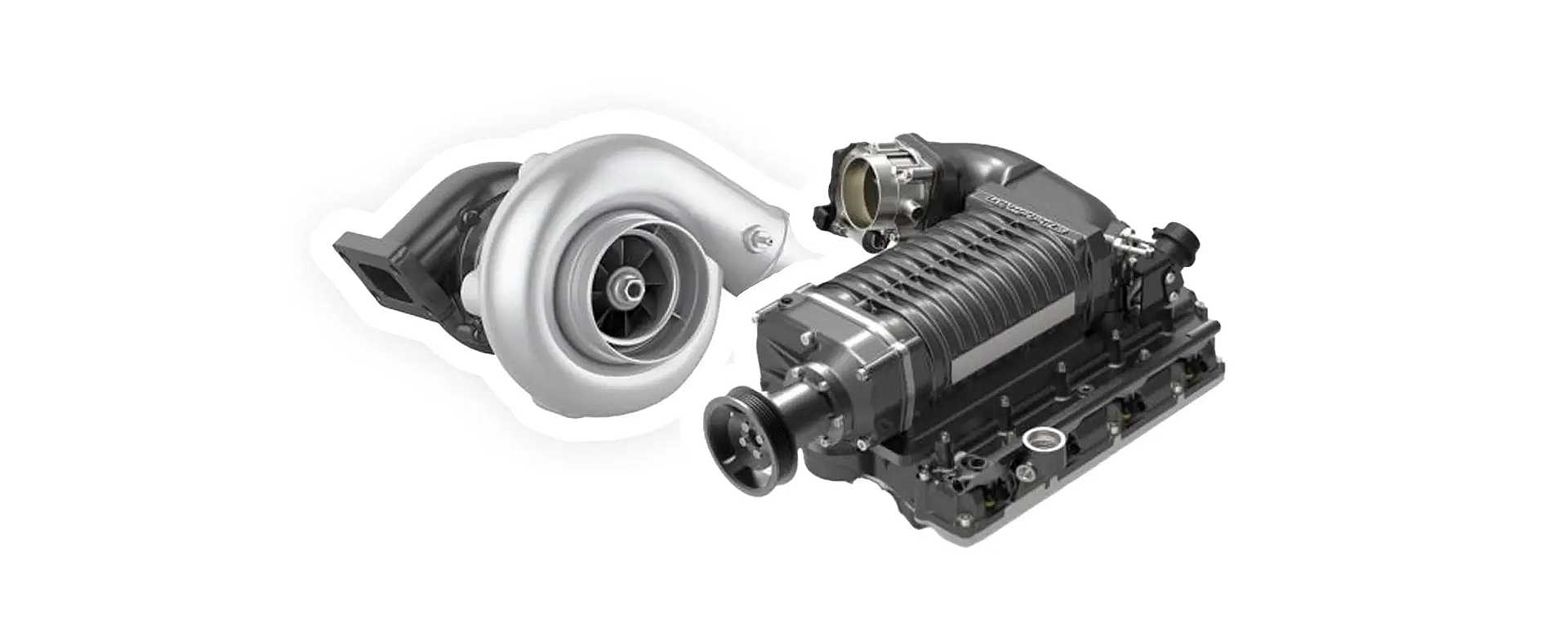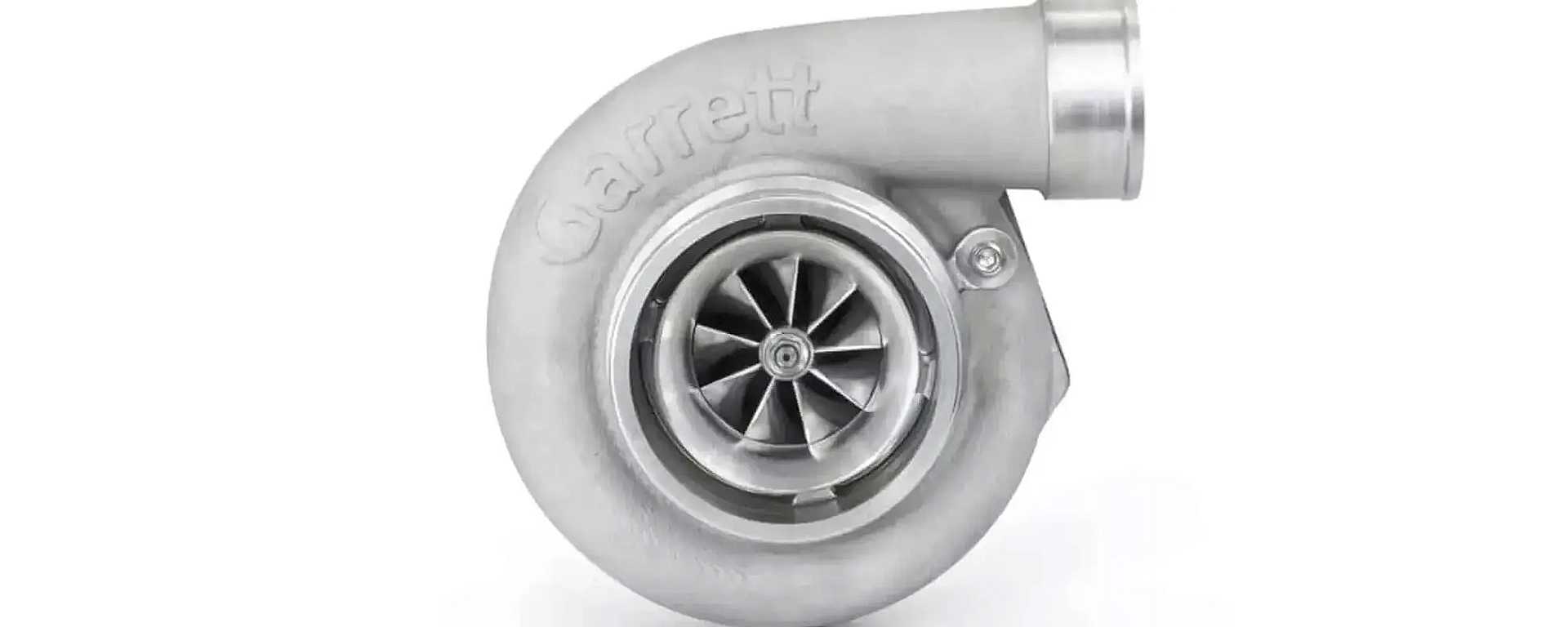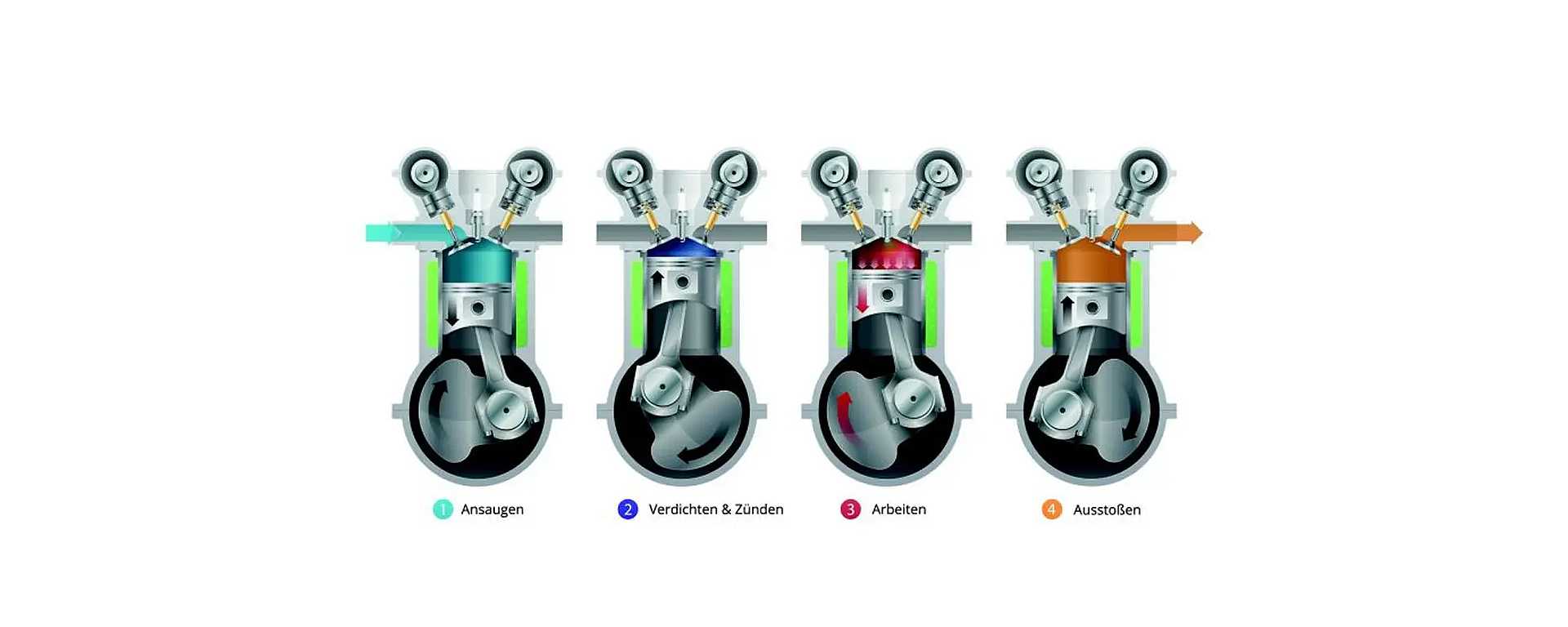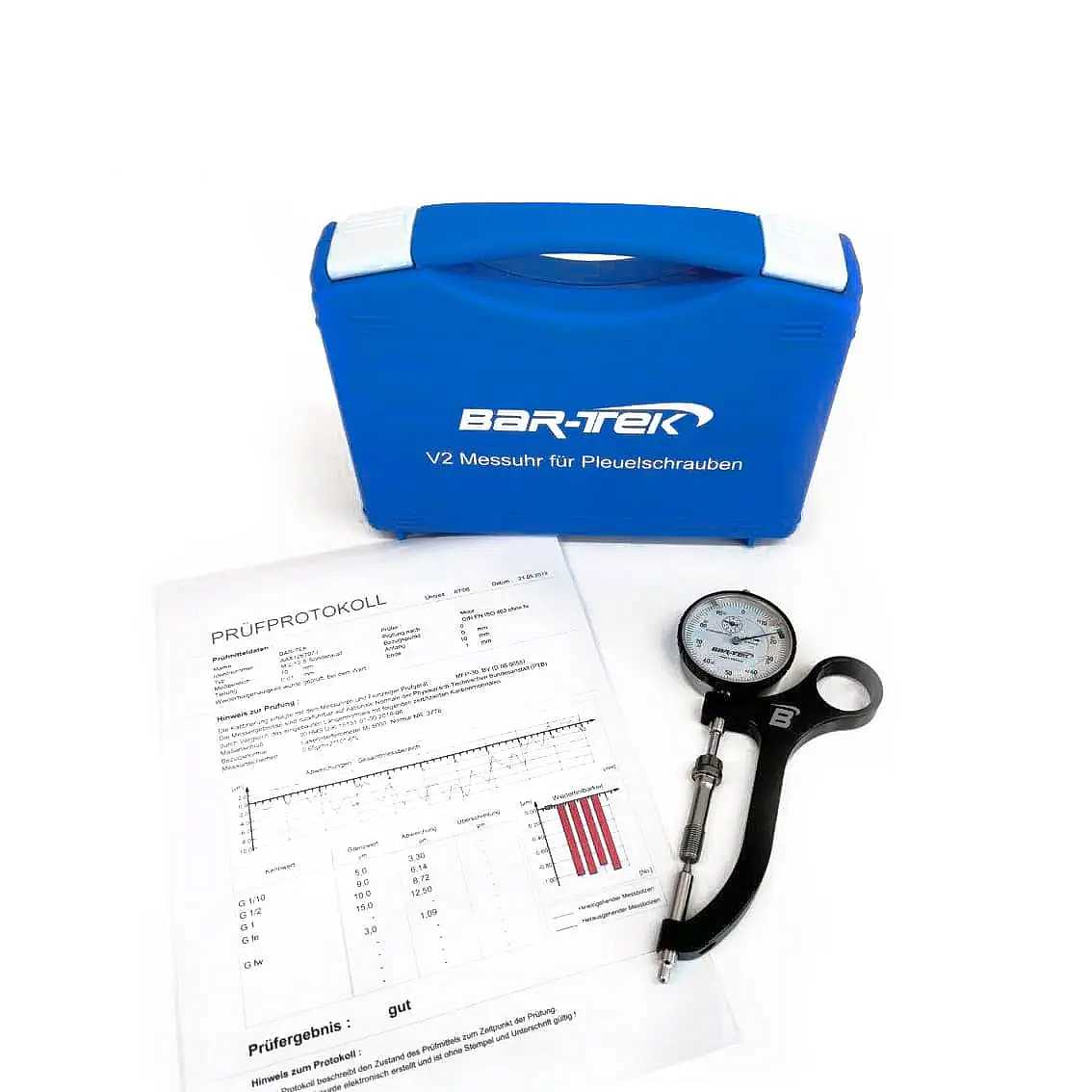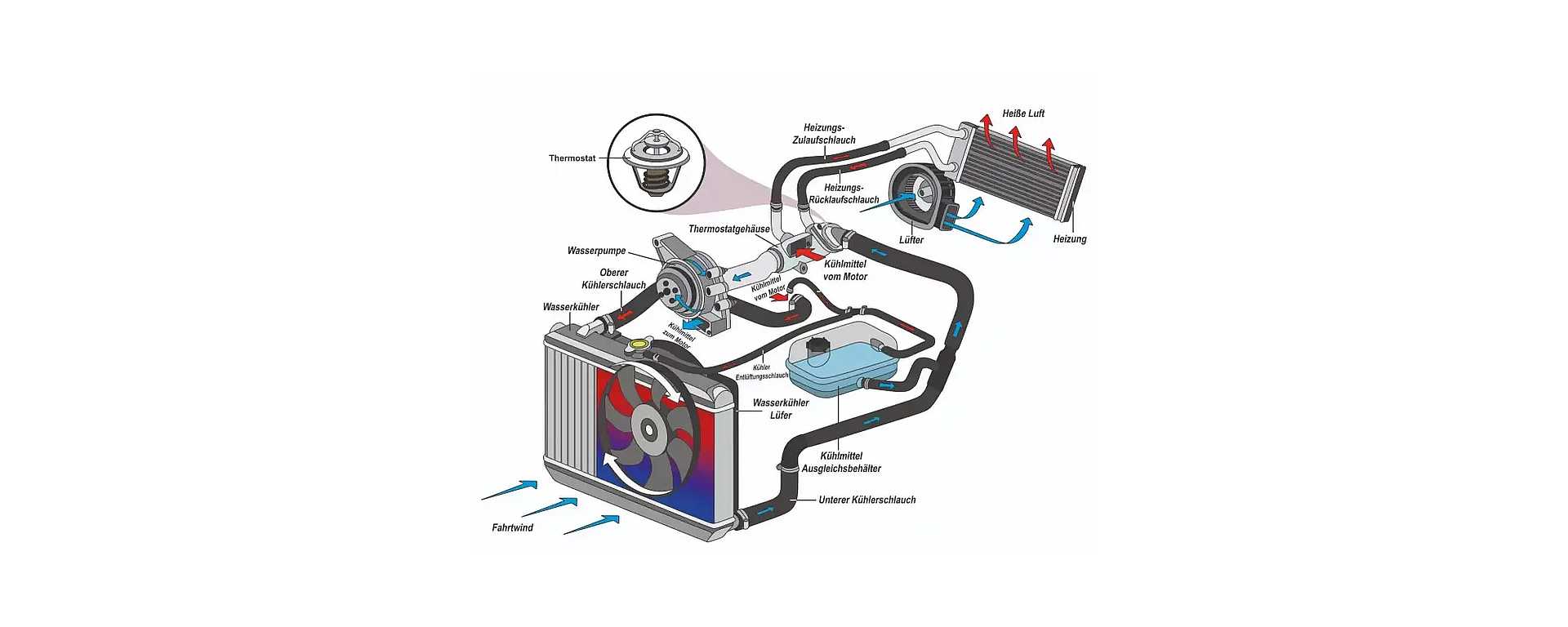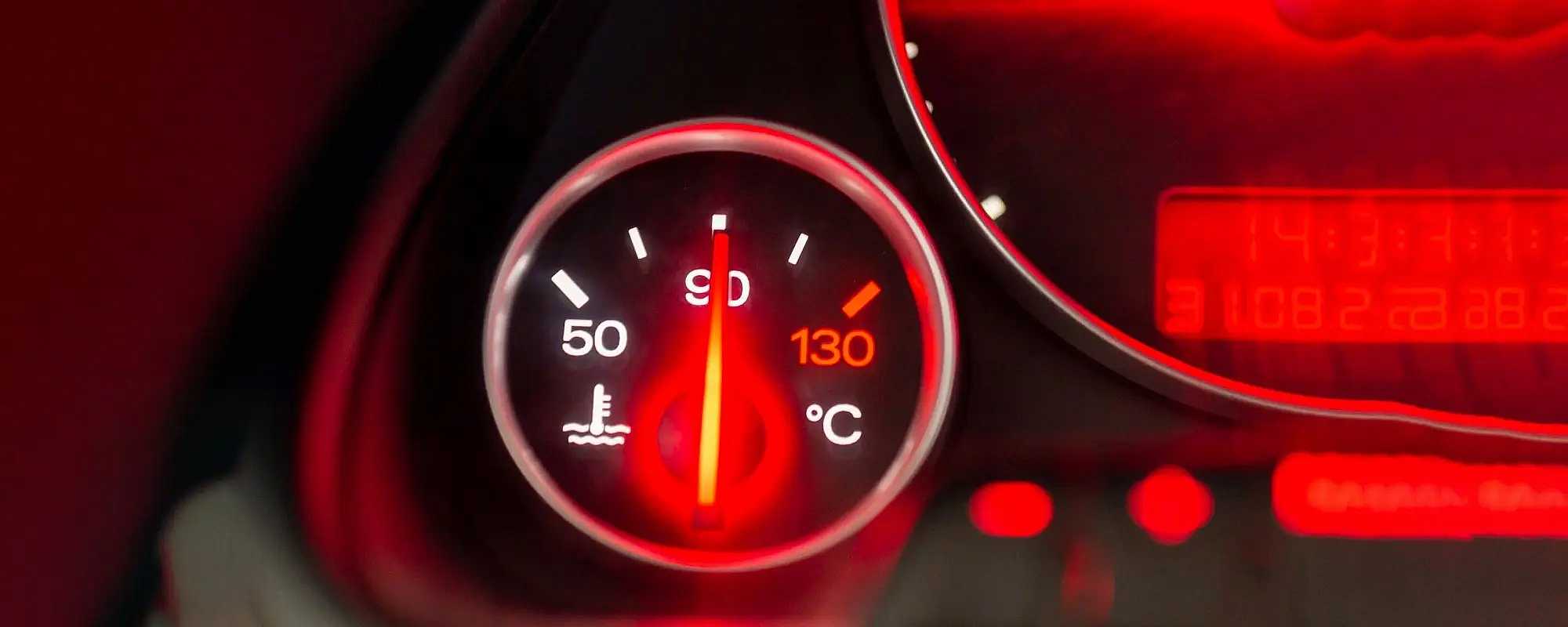

The optimal temperature for your engine
Many people only think about the engine temperature if they notice that the engine is boiling.
However, the engine needs a certain operating temperature, which must remain constant, in order to run smoothly. Many things depend on this, such as fuel consumption, performance, etc. Since there are a lot of myths about engine temperature, today we want to get a few things straight. Here you can find out everything you need to know about the temperature of your engine and coolant. You will also find out what can cause the engine to overheat.
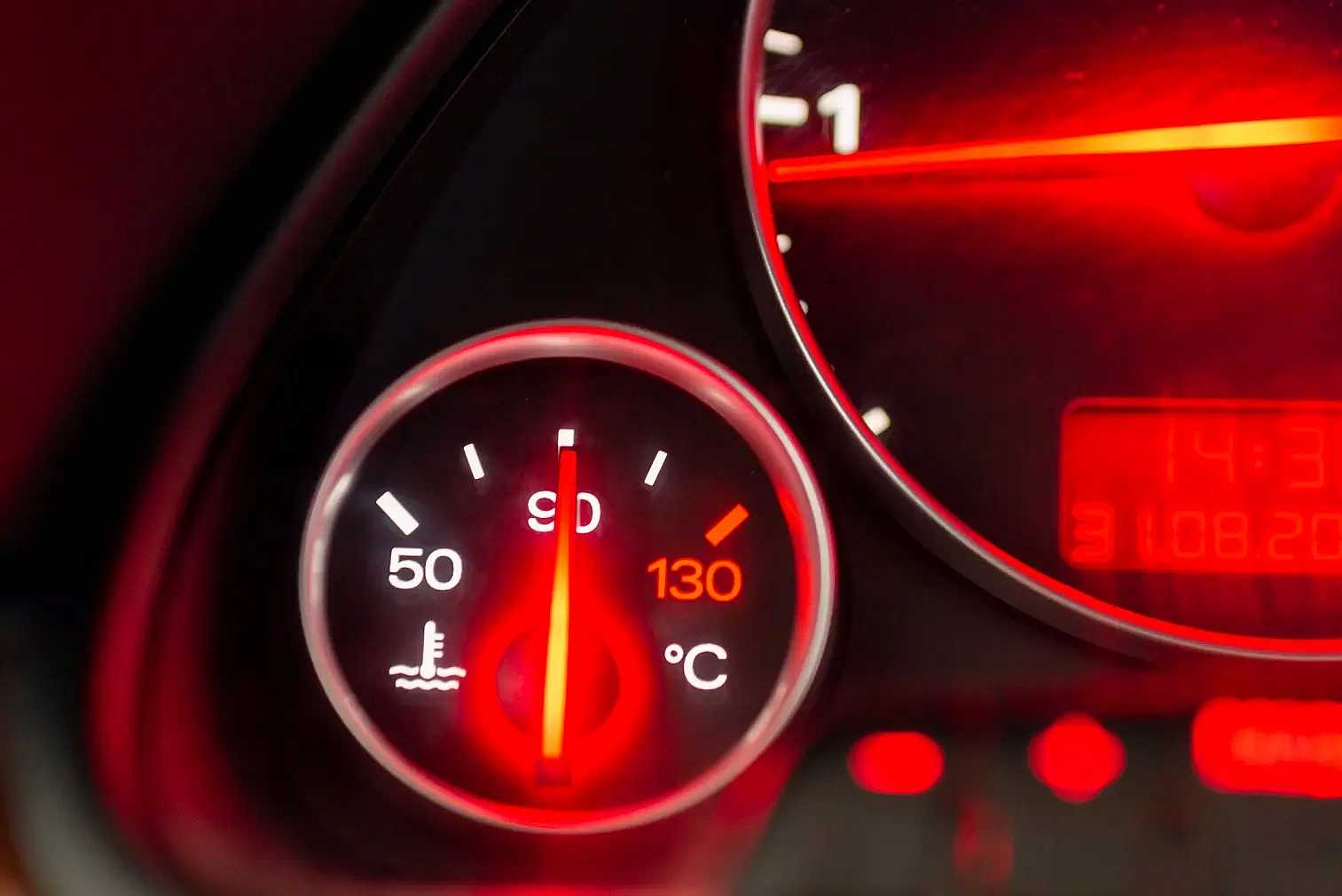
Operating temperature: What actually is the engine temperature?
The term “engine temperature” is frequently used to cover everything that can be measured in degrees Celsius. Before you know it, you’re talking about coolant, oil, and who knows what else. But there are often major differences here, which is why we need to separate out these terms.
The engine temperature refers to the operating temperature of your engine, which isn’t a fixed figure in most cases, but a temperature range. Your engine is most efficient within this range.
On the one hand, this is the temperature that your engine needs in order to function at all. On the other hand, this temperature cannot be allowed to go through the roof, as otherwise the engine will overheat and serious damage could result. That’s why it is regulated by the cooling system.
What is the optimum operating temperature of the engine?
There is no one fixed operating temperature for all engines, even though the temperature gauge may seem to suggest this is the case. Firstly, engines differ through their type and manufacturer. Secondly, we are talking about a temperature range, as mentioned above. We can assume that the operating temperature is somewhere between 80 and 120 °C. In older cars, the average tends to be near the lower end of this range. The more up to date the car, the higher the optimum engine temperature will be.
How hot does it get in the combustion chamber and exhaust system?
While the operating temperature is relatively low, it’s an entirely different climate in the combustion chamber and exhaust system. During ignition, the temperature in the combustion chamber can easily reach 2500 degrees, while exhaust gases can reach 1000 degrees or more. These temperatures are needed here, to ensure that the catalytic converter fires up and works correctly, for example.
What does the coolant temperature tell you?
Once the engine has warmed up a bit, the coolant temperature gauge generally shows a constant 90 °C. As a rule, a symbol lights up if the coolant gets too hot. What many people don’t realise is that the effect of this gauge is primarily psychological. In actual fact, the coolant temperature generally fluctuates. However, the gauge is ‘smoothed out’ a bit – i.e. programmed – so as not to unsettle the driver. The warning symbol only lights up when a critical value is exceeded. As soon as this happens, you need to stop as soon as possible, because overheating can entail major damage.
Ready to ship immediately!
Engine overheating: When the engine temperature goes through the roof
A great deal of heat is automatically generated in your engine during the combustion process, and this needs to go somewhere. You therefore have engine cooling, which makes sure that the engine temperature remains within a normal and efficient range. When the outside temperature rises (in summer or in very hot countries), it’s a lot tougher for the cooling system to do its job well. Where tuning is concerned, we also need a powerful cooling system, which is adapted to more performance and therefore higher temperatures. The intercooler also plays a vital role here.
What can cause the engine to overheat?
If there is a fault, the engine can get too hot and, in the worst case, the engine can break down. However, too much heat also causes a loss of power and puts a lot of stress on the engine components. The causes of this are many and varied. They include:
- 1. Not enough coolant
This is probably the most common reason for an overheating engine. If not enough coolant is being circulated, the heat can no longer be adequately discharged from the system, and the temperature rises. If the temperature gauge shows more than the programmed 90 degrees, you need to stop driving – new coolant is needed! To find out how coolant has been lost, the best idea is to drive to your trusted garage immediately – but only after the engine has cooled down. If absolutely necessary, you can also top up with (distilled) water, as a provisional solution to get you to the mechanic. The system will have to be flushed afterwards, however.
- 2. Fan faulty or too weak
If your fan stops working for some reason or is not powerful enough, it no longer pumps or sucks enough air through the radiator (depending on which direction this is installed). This can be caused by a weak fan or faulty connectors or relays, for example.
- 3. Broken thermostat or water pump
If the thermostat is faulty, it can no longer open and so the coolant cannot get into the large cooling circuit. Then, it can no longer be cooled down. The engine is brought to operating temperature in the small cooling circuit, but we need the large circuit for sufficient cooling. So, if your thermostat is broken, the engine temperature is bound to rise. It’s a similar situation if the water pump is faulty. This also has the job of conveying coolant through the circuit, and if it’s faulty, it gets hot. 1.8T and 2.0l TFSI engines are especially prone to this problem.
- 4. Faulty or dirty radiator
The radiator can also give up the ghost, or have dirt inside. Therefore, you should flush it every couple of years. This removes deposits, lubricates all parts and protects against corrosion.
- 5. Faulty head gasket
If the head gasket is faulty, it no longer provides a tight seal between the cylinder head and the engine block, and coolant can escape. This is fatal, because it can quickly lead to critical engine damage. If you suspect that the head gasket is faulty, whatever you do, stop driving.
There are of course other reasons why your engine may overheat. In any case, you should make sure that you find and remedy the cause as quickly as possible. Otherwise, since temperatures in the engine can get extremely hot, you are risking serious damage that could get very expensive.
Ready to ship immediately!
Ready to ship immediately!
Engine overcooling
An overcooled engine is a fairly rare phenomenon in our climes. This can occur if the ambient air is extremely cold (in the North, for example), and the coolant cools down too rapidly. The cold air is sucked in while you are driving, it cools the water and antifreeze mixture too much, and the engine can’t reach its operating temperature. This can cause the fuel line to freeze, among other things, so that the engine can no longer get enough fuel. The air flow can also freeze and prevent the engine from having air for combustion. Then, the fuel cannot ignite and the spark plugs are flooded. If this happens, your car will no longer start because the spark plugs will first need to dry out.
Do you have any questions?
If you still have any burning questions about temperature, just send us a chat message. We are always happy to lend you a hand!

